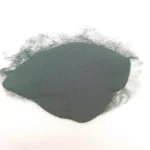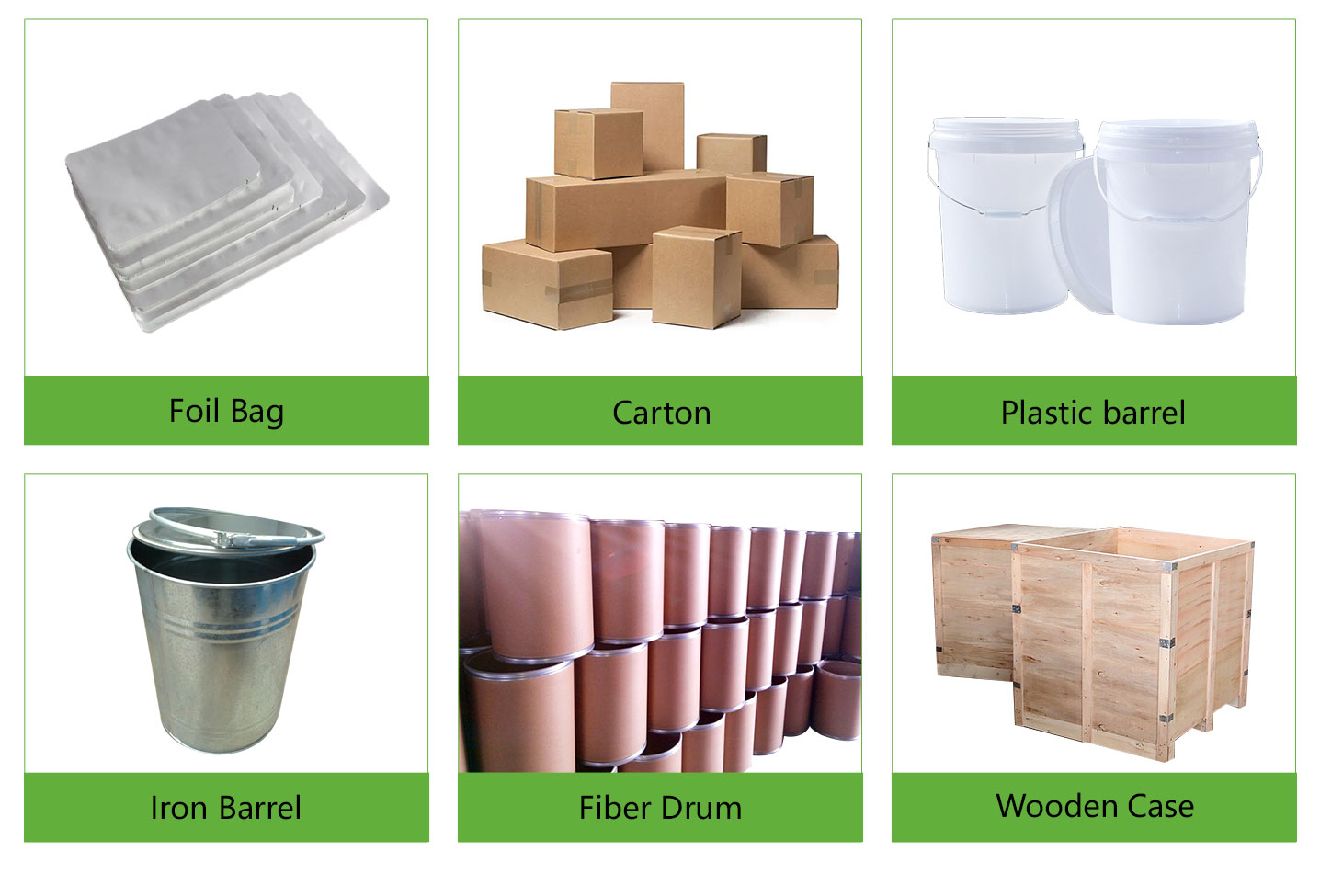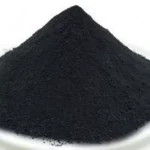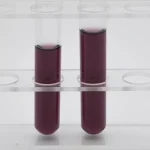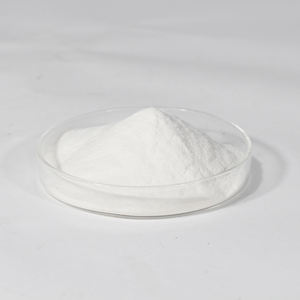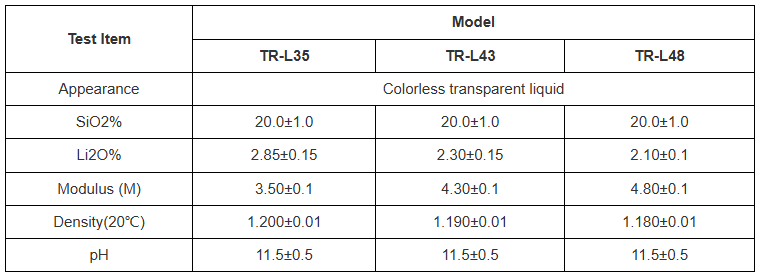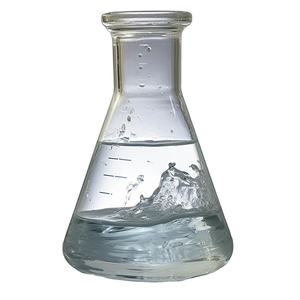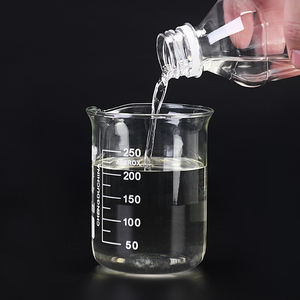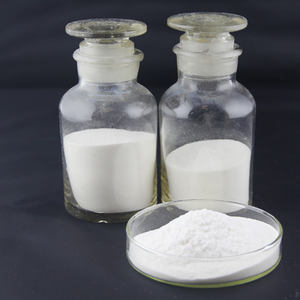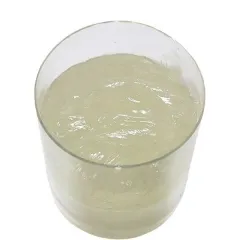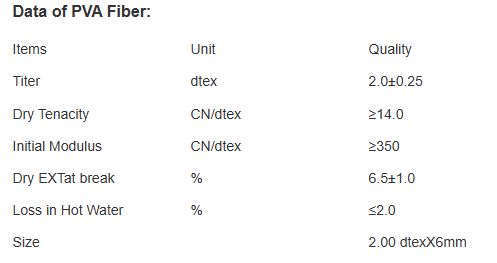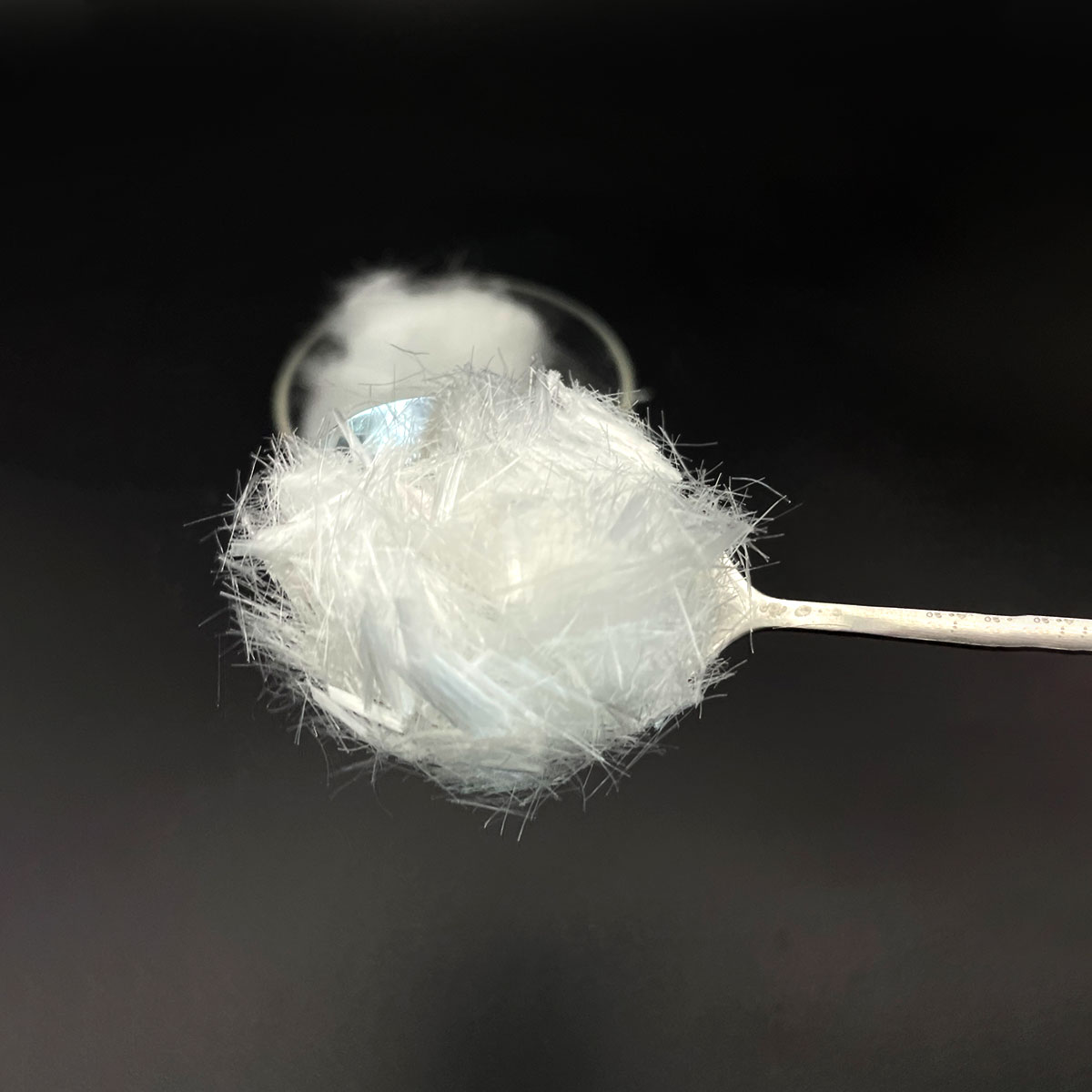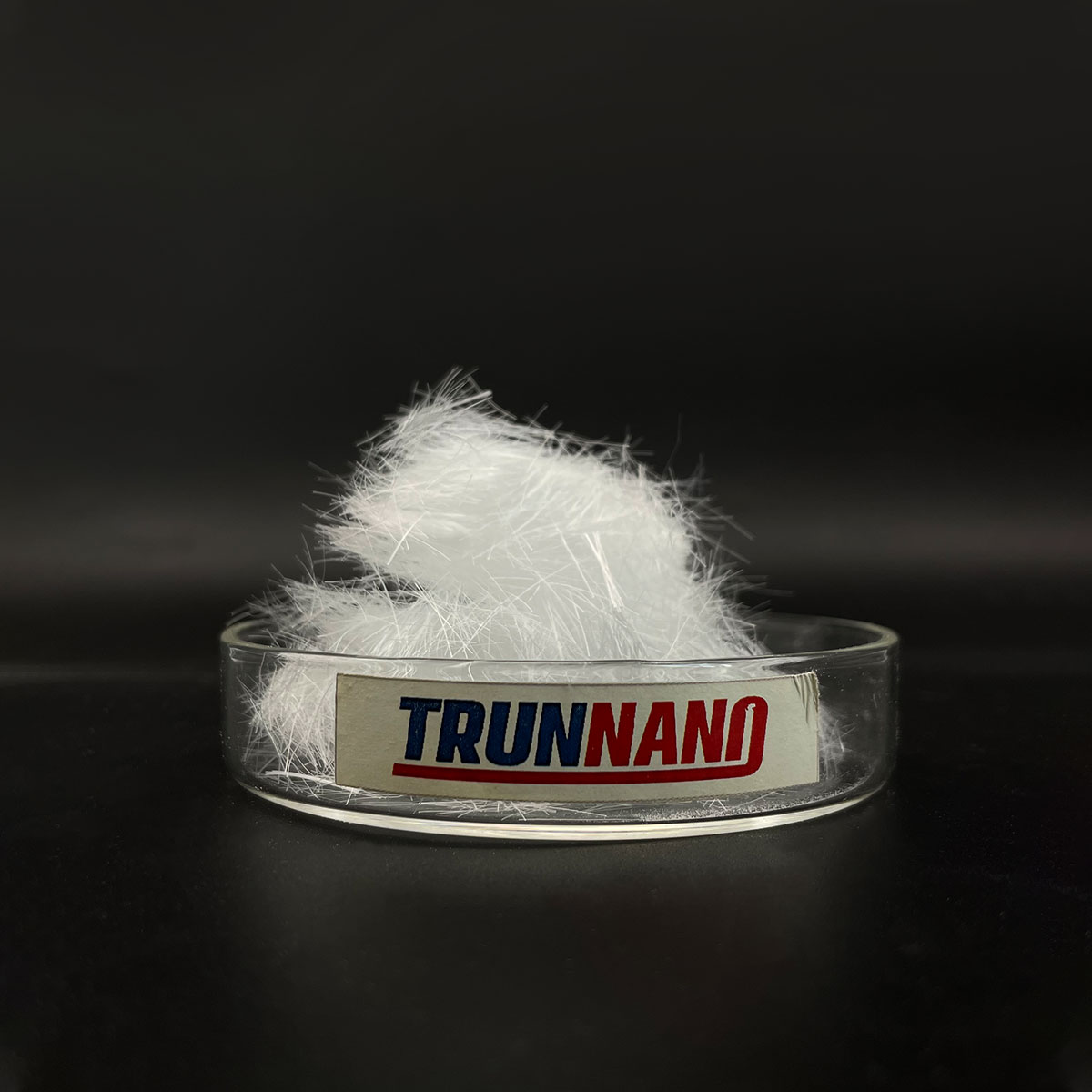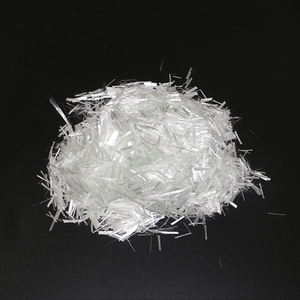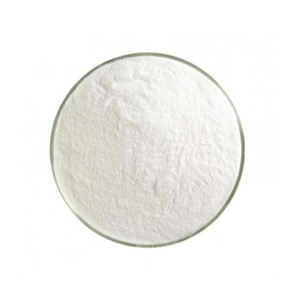Technical Parameters of Powdered Split Second Sodium Silicate (CAS 1344-09-8)

(Technical Parameters of Powdered Instant Sodium Silicate (CAS 1344-09-8))
Note: We can likewise tailor salt silicate powder with moduli of 2.45, 2.5, and 3.4 according to your needs.
Our Variety Of Salt Silicate Moduli
We offer powdered immediate sodium silicate with moduli ranging from 2.0 to 3.3. In addition, we can customize salt silicate powder with moduli of 2.45, 2.5, and 3.4 to fulfill your specific requirements.
Intro
In a period where ecological sustainability and security are significantly prioritized, sodium silicate, additionally called water glass or soluble glass, has actually become a topic of substantial rate of interest throughout various sectors. This flexible inorganic substance is important in building, paper manufacturing, and the formulation of cleaning agents. The progressive phase-out of conventional phosphorus-based detergent ingredients, such as salt tripolyphosphate (STPP), due to their hazardous impact on aquatic atmospheres, has actually created a pushing demand for effective and green choices. Sodium silicate, with its special residential properties, has actually emerged as a sensible and eye-catching option.
Market Potential
2.1 International Demand Patterns
The worldwide market for focused synthetic cleaning agents is experiencing constant development, especially with the raising popularity of ultra-concentrated powders. In 2000 alone, it was approximated that at the very least 230,000 tons of sodium silicate were needed to satisfy the need. Offered the existing minimal global supply, there is a significant void in between supply and demand, suggesting significant growth possibility. As consumers significantly seek premium and environmentally friendly products, the marketplace for sodium silicate is anticipated to increase considerably.
2.2 International Competitive Position
Chinese-produced sodium silicate usually offers a more affordable rate and equivalent, if not remarkable, quality compared to similar products made internationally. For instance, the FOB rate of salt silicate in the USA is around $51.15 per 100 pounds, while costs in Europe are also higher. This price advantage settings Chinese manufacturers positively in the global market. By continuously introducing and improving product top quality, Chinese suppliers have the chance to catch a larger share of the global market.
Introduction of Salt Silicate
Sodium silicate is a substance composed of silicon dioxide (SiO ₂) and salt oxide (Na ₂ O), typically stood for by the formula Na ₂ O · nSiO ₂, where n differs relying on the certain kind. It is understood for its great solubility, high pH degree, and excellent cleansing buildings, making it an ideal additive for detergents. Past its use in detergents, sodium silicate is commonly utilized in the building industry, such as in waterproofing materials and sealers. In the paper market, it improves the strength and level of smoothness of paper. Furthermore, it discovers applications in fabric dyeing, oil extraction, and other fields.
Production Process
1. Preparation of Raw Products: The procedure starts with the selection of suitable resources, including silica sand or soluble glass, along with caustic soda.
2. Dissolution Stage: The raw materials are mixed and heated to a suitable temperature to promote dissolution, guaranteeing complete blending of all elements.
3. Condensation Control: Specific problems are controlled to advertise the formation of wanted crystal structures in the option. Temperature and stress specifications should be exactly handled throughout this stage.
4. Filtering and Purification: A plate and frame filter press is made use of to get rid of surplus dampness and contaminants, consequently assuring the final product’s pureness.
5. Drying out and Creating: Spray drying innovation is used to minimize the wetness content even more, resulting in a powder type that is very easy to store and transport.
Financial Evaluation
From a monetary perspective, the production of salt silicate presents clear advantages. For a plant with a yearly capacity of 5,000 bunches, the cost failure is as complies with:
1. Variable Prices: Around $346.71 per load, that includes resources (silica sand/soluble glass and caustic soft drink), energy usage (electrical power and gas), and labor prices.
2. Fixed Prices: Around $141,400 yearly, covering depreciation of fixed properties, upkeep, monitoring fees, finance passion, and other costs.
3. Complete Costs: The consolidated total expense is approximated at $385.71 per bunch.
4. Sales Revenue: With an estimated market price of 642.86 perton, theprofitmarginpertonwouldbeapproximately642.86 perton, theprofitmarginpertonwouldbeapproximately257.15.
5. Economic Conveniences: The task might produce yearly profits of around 3.21 million, contributingroughly3.21 million, contributingroughly1.29 million in tax obligation income.
This financial analysis indicates that salt silicate not just uses significant technical benefits but is likewise extremely economically viable. For manufacturing firms, investing in the production and promotion of salt silicate can yield significant economic returns while enhancing their corporate social duty picture.

( sodium silicate)
Final thought
In summary, sodium silicate, with its premium technological performance and reduced manufacturing prices, holds wonderful potential as a replacement for typical phosphorus-based additives. As ecological guidelines end up being stricter and consumer demand for top notch, environmentally friendly products grows, speeding up the research study, development, and commercialization of sodium silicate will be vital for transforming the global cleaning agent sector. For capitalists, entering this area not only supports company social responsibility yet additionally assures eye-catching financial returns and societal benefits. With ongoing technological developments and a broadening market, the possible uses of salt silicate are extensive and benefit more expedition and growth by market stakeholders and research organizations.
High-grade Sodium Silicate vendor
TRUNNANO is a supplier of Sodium Silicate Materials with over 12 years of experience in nano-building energy conservation and nanotechnology development. It accepts payment via Credit Card, T/T, West Union and Paypal. Trunnano will ship the goods to customers overseas through FedEx, DHL, by air, or by sea. If you want to know more about 1344 09 8 cas, please feel free to contact us and send an inquiry(sales5@nanotrun.com).
All articles and pictures are from the Internet. If there are any copyright issues, please contact us in time to delete.
Inquiry us
